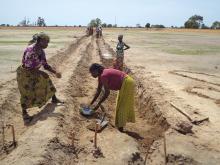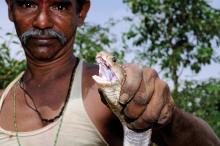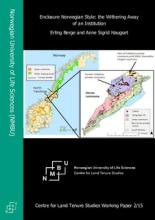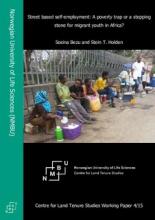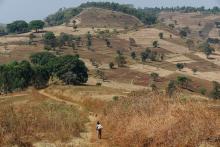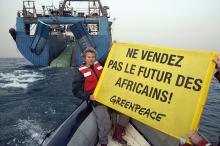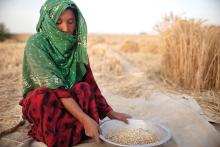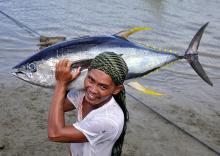Land Library Search
Through our robust search engine, you can search for any item of the over 73,000 highly curated resources in the Land Library.
If you would like to find an overview of what is possible, feel free to peruse the Search Guide.
/ library resources
Showing items 55 through 63 of 381.A project in Burkina Faso has given a clear demonstration of what supporting family farms can achieve in terms of poverty alleviation and rural development. One important success factor was the transfer of land to farmers, accompanied by a secure land-tenure policy adapted to their needs.
Snakebites are a crucial, yet underreported issue in many South Asian countries. In India, they kill some 50,000 people every year. However, the government has neglected the issue. Now, it’s time to seriously address this all but forgotten public health problem, our author maintains.
More than 200 years after the King sold one of the “King’s commons” of Follafoss (located inthe current Verran municipality) to urban timber merchants, local people in some ways still behave as if the area is a kind of commons.
A significant percentage of youth in urban Africa is employed in the informal sector. The
informal sector is more accessible than the formal sector for people with low human and
financial capital, such as youth migrants from rural areas. But the sector is also generally
Climate risk represents an increasing threat to poor and vulnerable farmers in drought-proneareas of Africa. This study assesses the maize and fertilizer adoption responses of food insecure farmers in Malawi, where Drought Tolerant (DT) maize was recently introduced.
Fishery plays a crucial role in poverty and hunger alleviation. It is therefore all the more important to secure the long-term conservation of fish stocks as a natural resource and to ensure fair access to them.
The global demand for fish and fish products is continuously increasing. However, fisheries management is still insufficient, leading to over-exploitation, illegal fishing and massive post-harvest losses. Our authors describe what has to be done.
Aquaculture holds a big potential to satisfy the growing demand for aquatic food. Setting out from lessons learnt in past development projects, our author describes what fish farming systems must look like to fit the needs of smallholders and the environment.
A project run by the WWF has set itself the goal of transforming Philippine tuna fisheries towards more sustainable practices, securing the livelihoods of the small-scale fishers in the long term. European buyers who have committed to source from them provide the necessary incentives.

